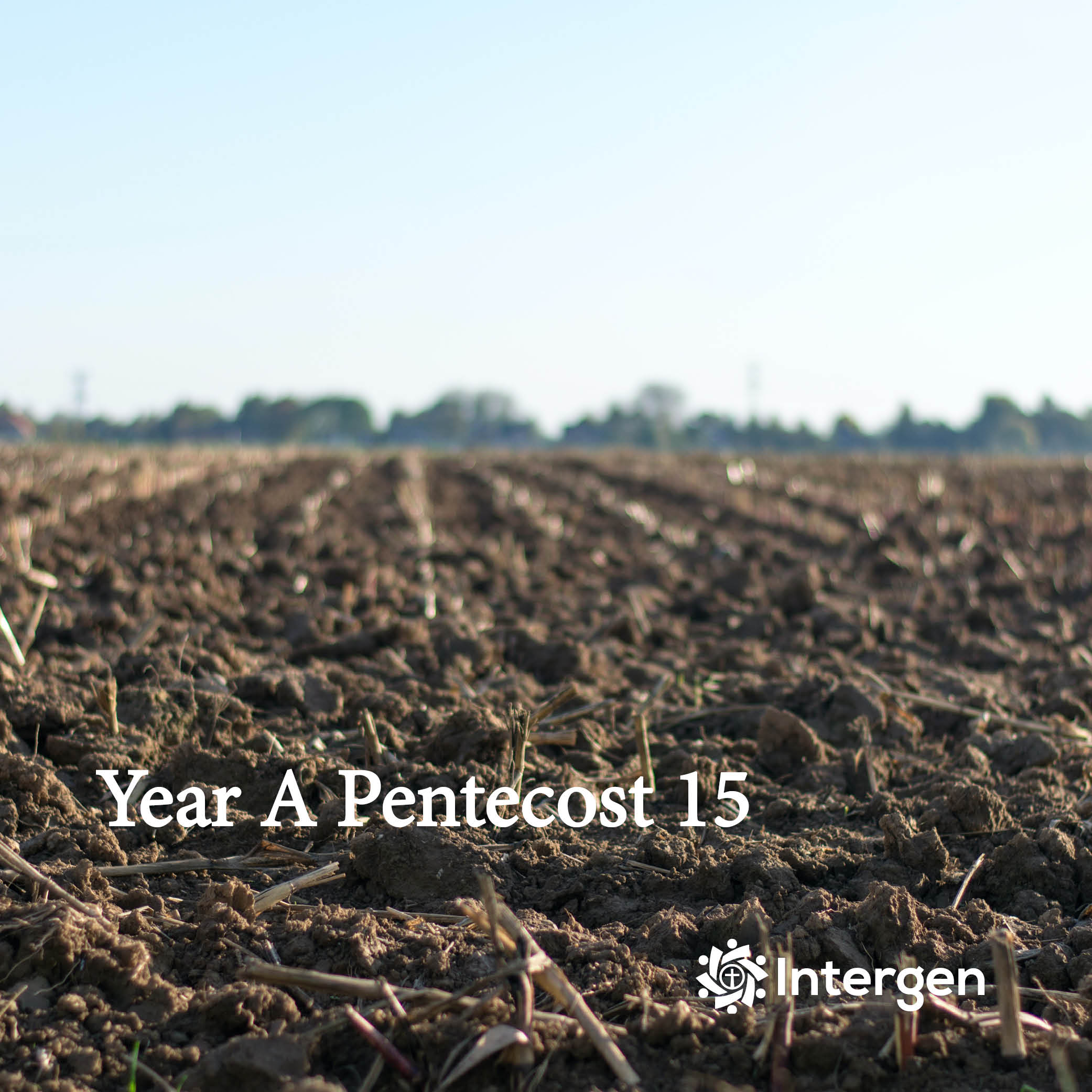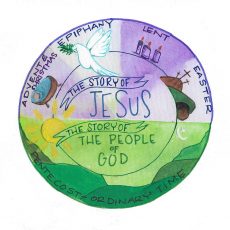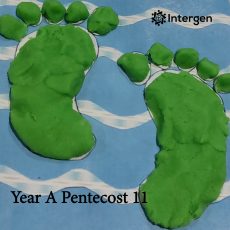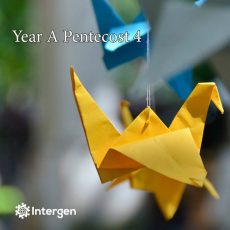Description
We continue our series focusing on the Season of Creation written and compiled by Michelle Cook
The word ‘land’ has many different meanings in the Scripture and in our day to day life. It can mean to arrive or to stick a ‘landing’ in gymnastics. In the context of creation land takes on other meanings. There are many different Hebrew words that live in the word space of the English word land. Below are the English language transliterations of two of these words.
Adamah – the word for earth is found in the creation story in Genesis chapter 2. Adam is created from this ‘adamah’. A play on words that is common in the Hebrew Scriptures. Eretz is a Hebrew word that can be translated as soil but also as territory or country, a more political meaning. The word is used in Genesis 1 and is translated as ‘earth’. By the time we get to the promises to Abraham, it is used to denote a particular place – the promised ‘land’ (Genesis 12:1) In our own cultures to work the ‘land’ can mean to be a farmer, to live off the ‘land’ can mean to eat from the natural surroundings. First Peoples around the world have a particular connection to ‘land’ that the United Nations has recognised in the 2007 ‘Declaration on the Rights of Indigenous Peoples’.
How then shall we speak of land with the readings set for today? The readings from Genesis 3:14-19 and 4:8-16 tell us the familiar stories of the land being a means of punishment for the failure of humanity in the garden. Instead of being able to gather food easily, humanity is condemned to till the earth and to return to dust. The Genesis 4:8-16 reading tells us of the blood of Abel crying out to God from the ground. It reminds us of God’s heart for justice and peace. Verses 7-12 of Psalm 139 tell us we can never escape from God, even if we bury ourselves deep in the earth; a timely reminder that no matter what we have done, nothing can separate us from God. Connected to Psalm 139, then, is the Romans 5:12-17 reading reminding us of the free gift of God’s grace, no matter what land we belong to. Matthew 12:38-40 also reminds us of the sign of Jonah, who was sent to Nineveh to proclaim God’s judgement to foreigners, showing us that all can be recipients of God’s mercy.




